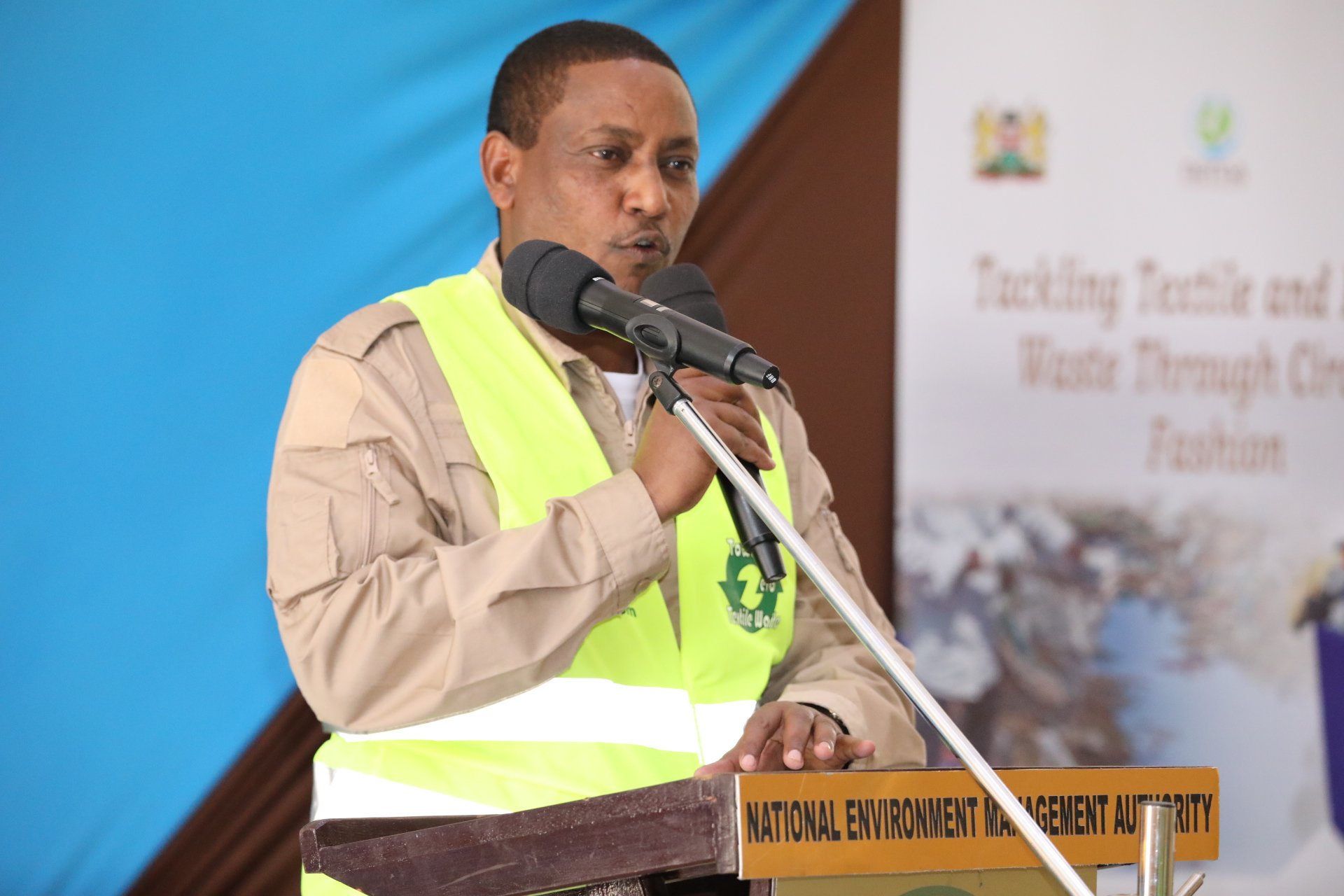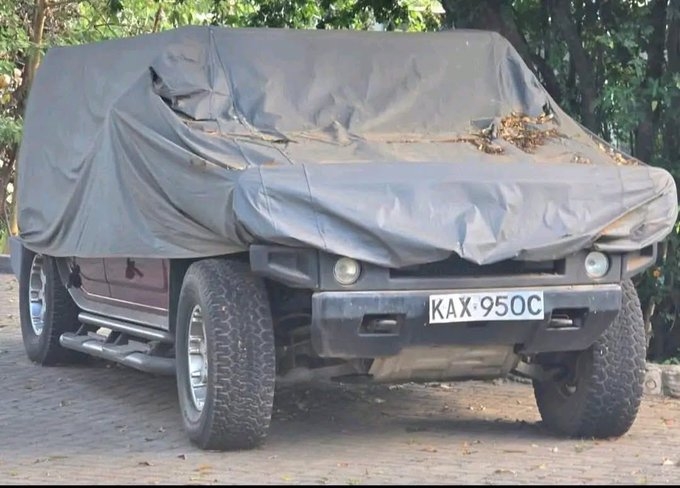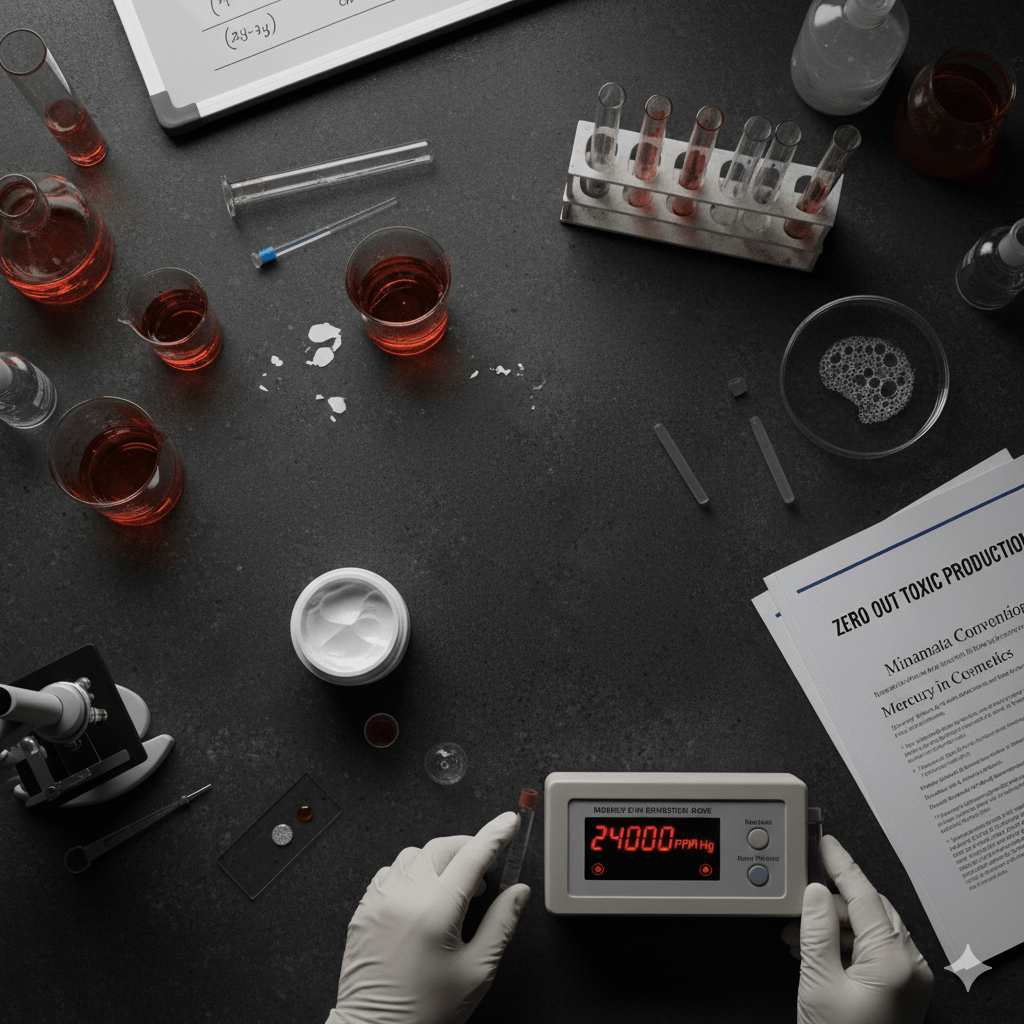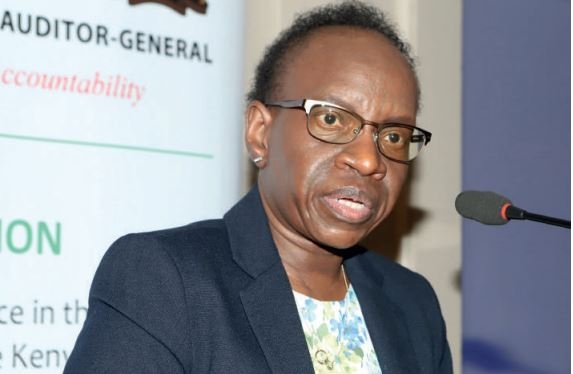
 National Environment Management Authority Director General Mamo Mamo
National Environment Management Authority Director General Mamo MamoThe National Environment Management Authority has given counties 21 days to transition to a circular economy in waste management.
In a notice, Nema director general Mamo Mamo said the devolved units must ensure waste is segregated at source.
“Take notice that all county governments are required and are hereby directed to, within 21 days, accelerate the transition towards a circular economy in waste management by facilitating segregation of waste at source and in transit by reorganising dumpsites accordingly and giving effect to sections 9,12 16, 17 and 21 of Sustainable Waste Management Act,” Mamo said in a notice.
The Sustainable Waste Management Act was signed into law on July 8, 2022.
Mamo said the Act is anchored on the principle of waste reduction and recovery.
He said all waste generators are required to segregate waste at source, while transporters are expected to transport waste in its segregated form.
Mamo said county governments are mandated to provide the necessary infrastructure to promote waste segregation.
The Waste Management Regulations 2024 require waste generators to store waste in colour-coded bins.
The green bin is meant to hold organic waste, black (general waste) and blue recyclables.
Mamo said transporters of waste are expected to carry only segregated waste in line with the laws.
He said the efforts contribute to building a circular economy, where waste is treated as a resource and recovery of valuables is prioritised.
On December 19 last year and again on June 18, Nema issued a directive to all county secretaries to reorganise existing dumpsites.
The county secretaries were supposed to set aside separate reception areas for organic waste, general waste, residential waste from material recovery facilities and land fill for unrecoverable waste.
Mamo said the authority remains at liberty to invoke the provisions of section 27 of the Sustainable Waste Management Act.
He said the authority remains fully committed to working with all stakeholders to ensure a clean, healthy and sustainable environment for present and future generations.
Segregating wastes makes sorting, recycling, reusing and reducing waste easier. Much less goes into landfills.
Under the new law, those who fail to segregate waste at the household level will be fined Sh20,000, jailed six months or both.
Under the new plan, five per cent of the waste will be incinerated, 30 per cent recycled and 60 per cent turned into manure. Only five per cent will go to landfills.
Once the law came into force, counties were given two years to develop their own legislation in consultation with the national government, the public and other parties.
Counties have to enact regulations prescribing investment in sustainable waste management, including waste collection, separation, treatment, processing, recovery, and sanitary final disposal of waste.
Each county will also establish a material recovery facility for final sorting, segregation, composting and recycling of waste.
It will transport residual waste to a long-term storage or disposal facility or landfill.
The new law says any person whose activities generate waste will collect, segregate, dispose of or arrange disposal of waste in accordance with the law.
The person or persons moving the segregated waste must be licensed by Nema.
All waste service providers will collect, handle and transport segregated waste according to the law.
A provider who violates the law will be committing an offence and on conviction could be fined as much as Sh50,000, or imprisoned for six months. Or both.
The hazardous waste will handled separately and managed according to the Environmental Management and Coordination Act, 1999 and other laws.
Hazardous wastes are those with the potential to harm human health or the environment.
Producers of waste will also be held responsible.
“Every producer shall bear extended producer responsibility (EPR) obligations to reduce pollution and environmental impacts of the products they introduce into the Kenyan market and waste arising therefrom,” the new law read.
EPR is an environmental protection strategy that makes the manufacturer responsible for the entire life cycle of the product and especially for the take back, recycling and final disposal.
Materials subject to EPR include composites, agricultural film, batteries, oils and lubricants, plastic and rubber, and aluminum products. Glass, electrical and electronic equipment, furniture, paper and carton, mercury auto switches and thermostats, paints, and pharmaceuticals products including packaging and textiles will also be subjected to EPR.
Others are tyres, automobiles, leather, rubber and agrochemicals and veterinary products, including packaging.














